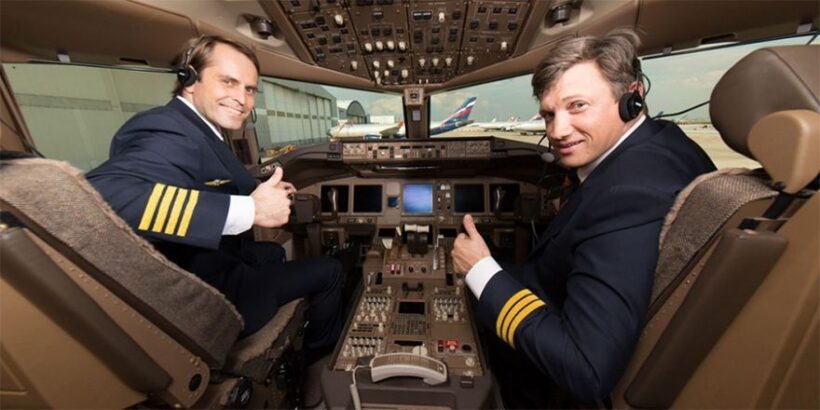Aeroflot expects to increase the number of its flight training squadron to 300 people and is launching a project to create a single flight training squadron that will train pilots for all companies within the Aeroflot group, the carrier’s press service said.
‘This step is aimed at optimising training processes and improving the quality of training in the conditions of growing demand for aviation services and shortage of qualified flight personnel. The creation of such a training unit will be an important contribution to the development of national aviation and will raise the level of flight safety in the country,’ the airline said.
Graduates of flight schools and universities are not ready to perform flights on passenger aircrafts on their own. Previously, Aeroflot accepted no more than 60 graduate pilots for initial training each year; now it is planned to increase the number to 300 trainees. Increasing the number of trained specialists will allow for more efficient training of personnel to meet the specific needs of Aeroflot and its subsidiaries.
‘As part of the project scaling, we intend to select the best graduates and senior students of civil aviation educational institutions. Potential pilots will undergo a strict selection process that includes psychological testing and entrance exams in core disciplines and English. This approach will ensure a high level of training and a steady flow of new highly qualified specialists into the aviation industry,’ Aeroflot said.
The flight training unit will train and retrain pilots on various types of aircraft, including Superjet 100, Airbus A320 and Boeing 737NG. This will make it possible to form a unified talent pool that will be distributed among Aeroflot Group airlines depending on specific needs. The personnel distribution system will ensure efficient utilisation of flight personnel.
In addition, the unified training and flying squad will make it possible to train not only highly qualified but also motivated specialists, which will contribute to improving the professional climate in the company. The project will not only meet the internal demand for pilots, but will also address social aspects by improving the flying skills of graduates of aviation schools.
Aeroflot expects that the creation of a unified flight training unit will lead to lower pilot training and retention costs, as the company will be able to mould its flight crew based on its needs. It may also increase the attractiveness of the civil aviation pilot profession for young people, who will see it as a stable and promising career.
The implementation of the project will create a reliable base for further development of the aviation industry in Russia. The development of a unified flight training unit will become a benchmark not only for Aeroflot, but also for other airlines in the country, encouraging them to take similar steps in the field of pilot training and professional development.



